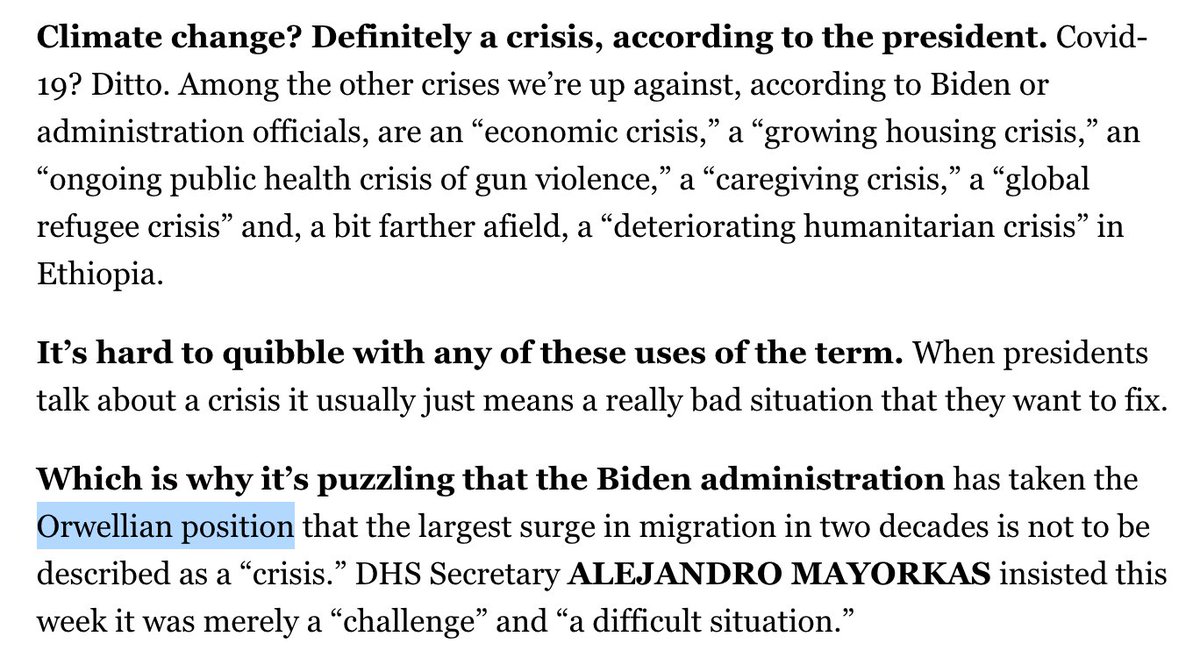
This article is unfortunately poorly reasoned. There are ways to weigh the costs of isolation to children against the risks of COVID-19 that don't involve the false assertion that children are basically immune. There is also no mention of differential risk across demographics 
https://twitter.com/TheAtlantic/status/1372686805498220547

-Children of color are at higher risk of disease than white children. As are children w/ pre-ex conditions
-The data are out on longterm effects in children generally. There's no reason to believe, at this time, that children are at high risk, but, still, some caution is merited
-The data are out on longterm effects in children generally. There's no reason to believe, at this time, that children are at high risk, but, still, some caution is merited
Additionally, the article relies on reasoning errors that are all too common when discussing public health, such that the focus is spuriously trained only on individual risk, rather than on individual risk *coupled with* community risk.
There are two interrelated issues when thinking about community risk: 1. preventing disease spread & 2. mitigating the chance for mutations. The data are not 100% complete on spread after vaccination, but we do have strong indicators that vaccinations suppress spread quite a bit.
Spread post-vaccination has not, to my knowledge, been systematically compared to spread from infected children--so there is no reason to proclaim these groups as functionally similar.
Next, the virus has been mutating all along &, recently some new variants have begun to gain dominance in different regions. This is true for B117 in the U.S. There is little-to-no research on what this variant looks like in children, especially in terms of spread.
There is no reason to believe that B117 or other emergent variants correlate w/ a massive increase in risk to children (we probably would have seen some indicators of that), but more fine-grained analyses are needed about 1. spread & 2. long term effects.
Finally, it's not just about the variants we know about now, but variants that will emerge in the future, some of which could be more dangerous to children. Again: disease control is *also* about suppressing the extent to which a virus can mutate w/in the population as a whole.
If I were a parent, I'm not sure what I would do at this moment in time. I would definitely let my kids visit w/ vaccinated adults. I would prob let them visit w/ other kids to some extent. But I would also recognize that the latter situation was not risk-free for disease control
And I know this is not easy when a child's psychological welfare is involved, but I would hope that I would try to recognize that public guidelines aren't *just* meant for individual protection, but rather longterm community protection.
Also, again: our country is very diverse. The population of children of color is *large*. If you are writing about the risk to children in this country, you cannot write a piece that is largely centered on white children living in great environmental conditions.
Let me point out that this is just bad science. We *know* an interaction exists btwn race & risk. We also know that our population of children is incredibly diverse. It is bad science to extrapolate from one subgroup to this entire population
• • •
Missing some Tweet in this thread? You can try to
force a refresh






